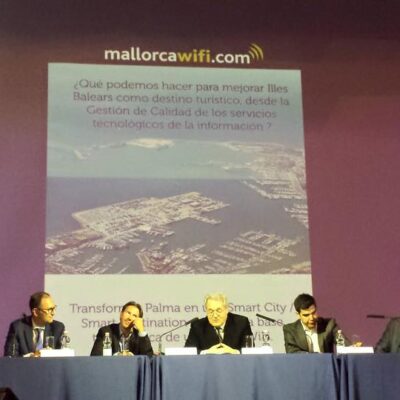PRACTICAL CASES
Five of the most prominent practical cases of Smart Destinations integrally implemented, managed and exploited by WIONGO are those of PALMA and PLAYA DE PALMA (Balearic Islands), BENIDORM (Alicante), SALOU (Tarragona) and BARCELONA. These destinations are without a doubt a real technological challenge, given the large volume of traffic and users that need coverage in these strategic areas, where there are large concentrations of tourists and being exceptional national tourism destinations. Below are the details of the most relevant practical cases implemented at a municipal level over the past few years, from among more than 300 of our smart projects:
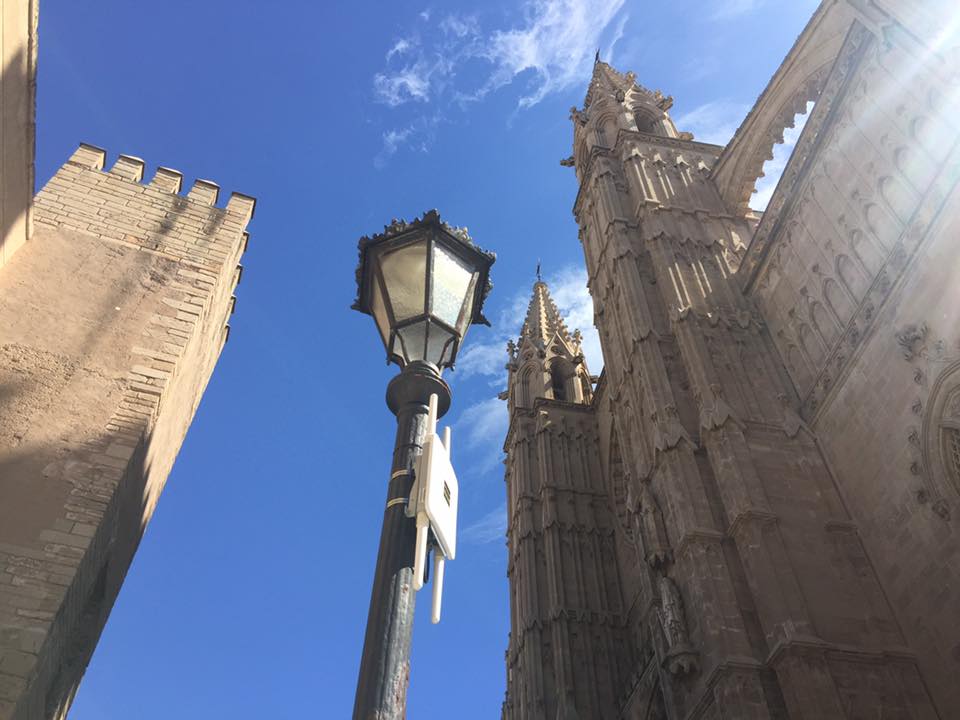

Municipalities of Palma/Llucmajor (Balearic Islands) Playa Palma Tourism Consortium 2014 to present day
SmartWi-Fi Palma
Municipality of Palma (Balearic Islands) Palma 365 Tourism Foundation 2016 to present day
SmartWi-Fi Intermodal
Municipality of Palma (Balearic Islands) Majorca Rail Services Consortium 2016 to present day
SmartSens IoT Port de Palma
Municipality of Palma (Balearic Islands) Balearic Islands Port Authority 2017 to present day
Municipality of Benidorm (Alicante) Benidorm Town Council 2018 to present day
SmartWi-Fi Mazatlán
Municipality of Mazatlán (Sinaloa – Mexico) Mazatlán City Council 2018 to present day
SmartWi-Fi Salou
Municipality of Salou (Tarragona) Salou Town Council 2019 to present day
SmartWi-Fi Barcelona
Municipality of Barcelona Barcelona Port Authority 2019 to present day
RESULTS OBTAINED CONCLUSIONS
The way of steering this initiative towards Tourism Destinations has a significant and positive economic and social impact on the local economy. The following conclusions about the experience, taken from the results obtained, are of note:
• The economic impact of being able to demonstrate clear variables in clear databases of people mobility flows (being able to demonstrate how many people visit certain places and therefore analyse their needs, the economic repercussions on the entire social/economic structure, its value for undertaking certain investments and/or committing specific resources).
• The social/environmental impact of knowing the environmental conditions of the destination, quality of air/water, pollution, etc, by crossing it with information on people mobility flows and predicting their behaviour in severe weather events, etc.
• The economic impact of being able to communicate with residents and tourists in an innovative way about the range of products and services available at the destination, the region (tourism information/services of a public nature, private information of a commercial nature about products and services available, etc.).
• The social/economic impact of being able to measure the impact and management of people flows at large-scale events, allowing the planning of security activities, management of evacuations, alternative entry/exit routes, etc.
• The social impact of offering a free universal internet access service, without any limitations, to all levels of the population, regardless of their social-economic situation, breaking the digital divide and providing access to people in a state of social exclusion.
• The media impact of selling the destination as an innovative destination, as a Smart Destination, without the need for municipal funding, economically sustainable from day one, guaranteed by the proven experience of a leader in the sector.
• The positive social impact of keeping citizens informed of the impacts of work by the local authorities, as well as the impact created by a positive and educated attitude towards the visitor/tourist. With the right actions, problems for pedestrians, transport, social work, prioritisation of needs, etc., can be filtered and a balance and equality can be created among the different social and economic sectors of the city, town or destination.
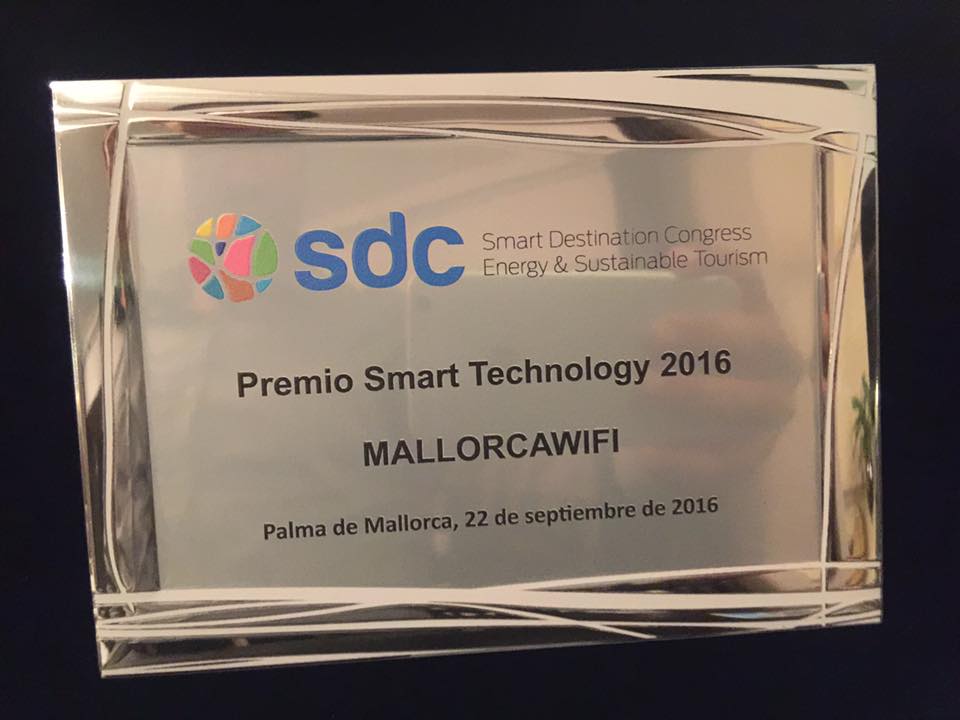
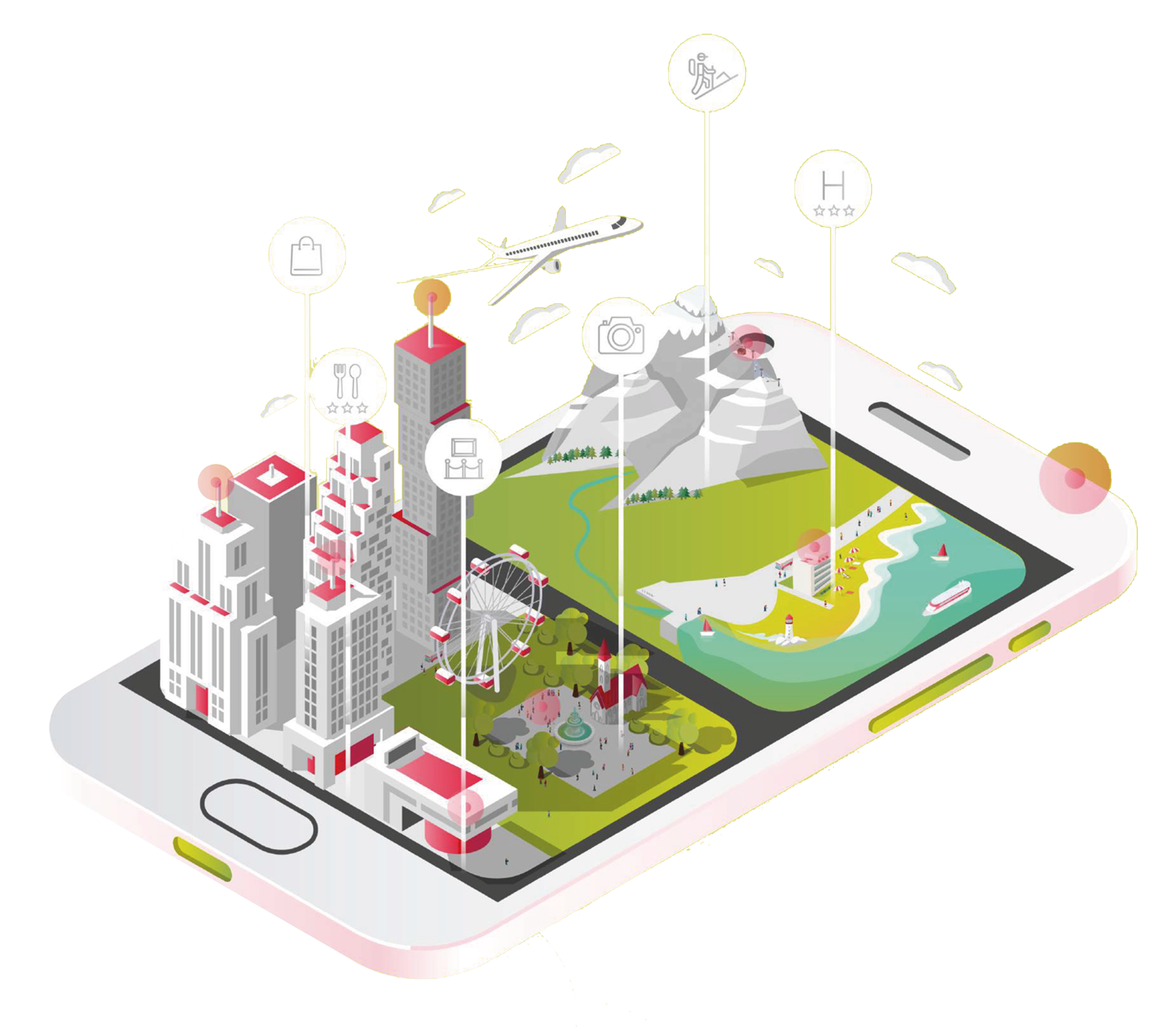
Meeting these objectives allows WIONGO to offer sponsors of the service (tourism foundations, media agencies, brands, public and private organisations) a precise measurement of their return on investment, resulting in total satisfaction and making the project completely sustainable.
ACKNOWLEDGEMENTS
WIONGO would like to thank the following people for their collaboration on the project: Pedro Homar, director of Palma Tourism Foundation; Leire Bilbao, director of Benidorm Tourism Foundation; Tomeu Crespí, innovation and new technologies manager for the Urban Consortium of Playa de Palma and Tourism Coordination Area, Smart Office Palma; Tomeu Alorda, coordinator of the workgroup SmartCity/SmartDestination at the University of the Balearic Islands; Jorge Martín, manager of innovation and quality for the Balearic Islands Port Authority; Jesús Redón, manager of ICTs for Salou Town Council; Catalina Grimalt, deputy director-general for Barcelona Port Authority. WIONGO would also like to especially thank the WIONGO team (and the previous MallorcaWiFi.com team) for their hard work, dedication and enthusiasm and for believing in the project. Without them, the level of professionalism, success and satisfaction would not have been achieved.
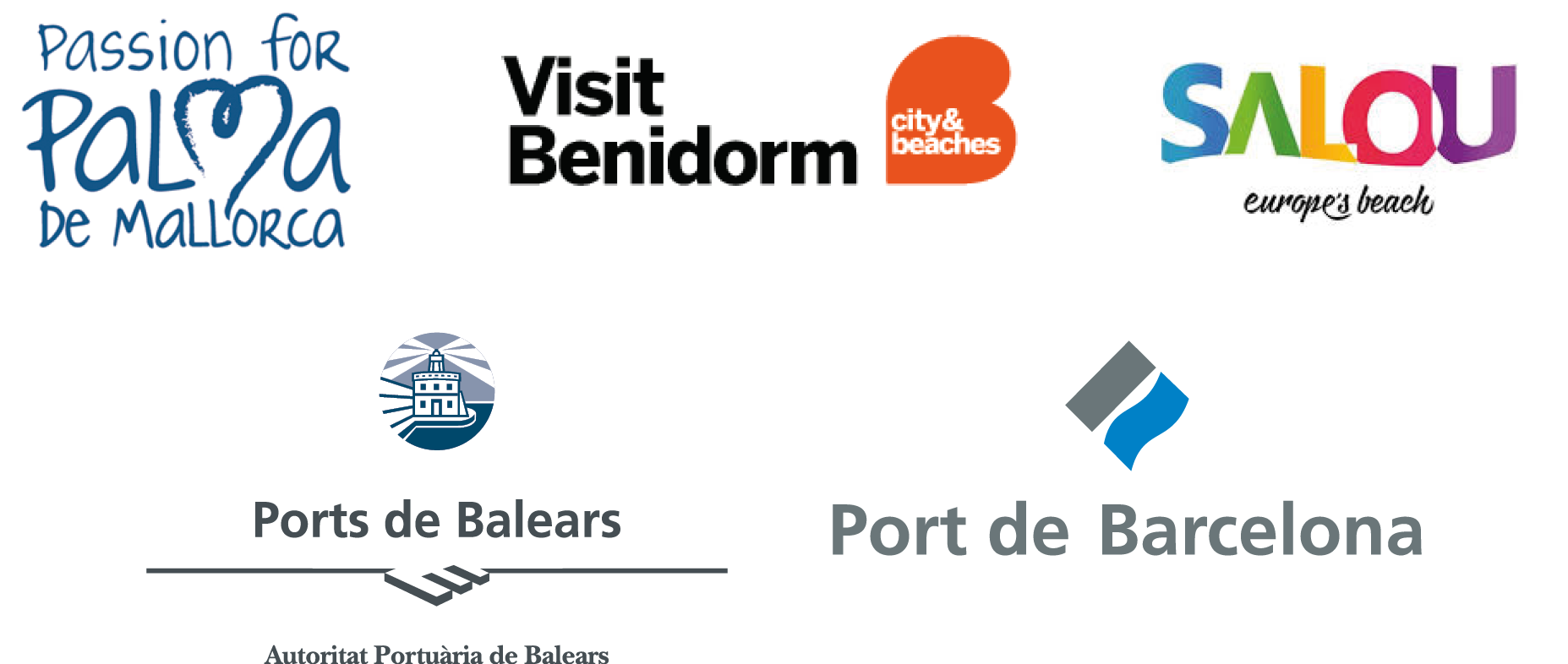
REFERENCES
• International Case Study, 2014, Cisco Systems, Inc.
http://bit.ly/2MiB3zb
• Best Worldwide Wi-Fi Deployment, 2016, Wireless Broadband Alliance,
http://bit.ly/2OVfczA
• Smart Technology Award, 2016, Smart Destination Congress
http://bit.ly/2MPZlzy
• What does a destination gain by offering free Wi-Fi? Millions of breadcrumbs, 2017, Hosteltur,
http://bit.ly/2MLuh43
• A media agency based on a Wi-Fi infrastructure, thanks to Big Data, 2016, Deusto,
http://bit.ly/35FMbhi
• Majorca, example of free Wi-Fi and Smart Island, 2017, Economic and Social Committee of the European Union,
http://bit.ly/2MiMRS6
• The largest municipal Wi-Fi network in Europe, 2016, Diario de Mallorca,
http://bit.ly/2BiCR4U
• Balearic Islands’ Tourism Forum, 2016, Diario de Mallorca,
http://bit.ly/2puqNe5
• MOCA and WIONGO come together to provide knowledge on urban mobility to Tourism Destinations, 2017, Finanzas.com,
http://bit.ly/2VLkE9L
• Palma de Mallorca, Smart Destination, 2016, esmartcity.es,
http://bit.ly/2MLvW9N
• Smart Island World Congress Presentation (SIWC), 2017, Fira
Barcelona,
http://bit.ly/35HTsgn
• SmartCity/IoT/BigData, 2016, University of the Balearic Islands,
http://bit.ly/35Em2PL
• International Case Study, 2017, Libelium,
http://bit.ly/2OUj6ZI
• As of Easter Week, Benidorm will have free Wi-Fi available on all of its beaches,
http://bit.ly/2OTxmBC
• The deployment of smart Wi-Fi in Salou will begin before Easter Week, 2019, Diario de Tarragona,
http://bit.ly/35CP7v2
• Communication on Smart Tourism Destinations, 2019, esmartcity.es,
http://bit.ly/32ld1cB
• Port of Barcelona deploys a smart Wi-Fi network in Port Vell, 2019, La Vanguardia,
http://bit.ly/2MHGW88
• Big data applied to Europe’s largest Wi-Fi network, Smart Travel News, 2018,
http://bit.ly/2pIqyw5
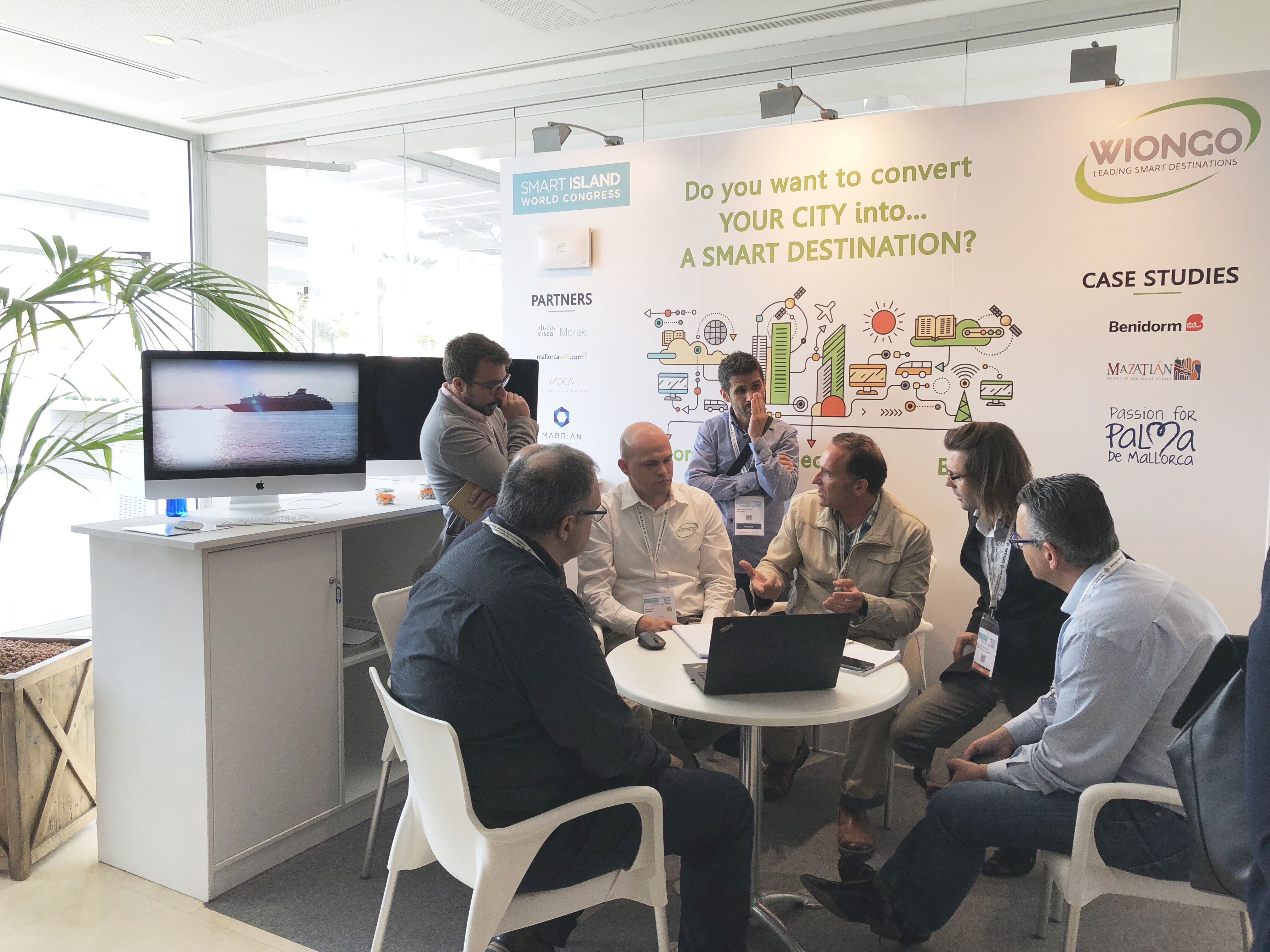
NOMINATION OF THE WIONGO PROJECT AMONG THE THREE BEST URBAN WI-FI DEPLOYMENTS WORLDWIDE BY THE WIRELESS BROADBAND ALLIANCE
The Spanish company WIONGO has been nominated for the Wireless Broadband Alliance Industry Awards 2018, in the category of Best Connected City Deployment.
https://bit.ly/33E1qW9
The Spanish company WIONGO positions itself internationally thanks to its Wi-Fi deployment in Majorca, competing with London.
https://bit.ly/35CmJcp
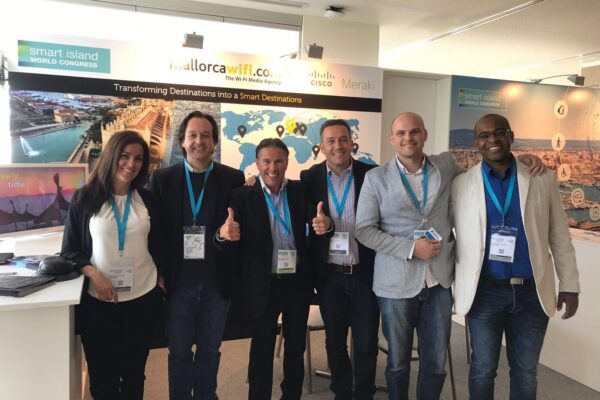
WIONGO is on the Electronic Communications Networks and Services Operators registry and is authorised by the CNMC to exploit Electronic Communications Services and Wireless Internet Access Services at a national level (Exp. 2009/935).
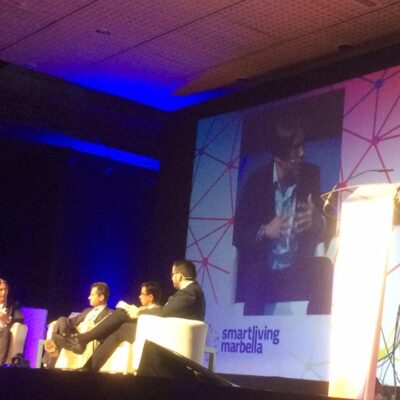
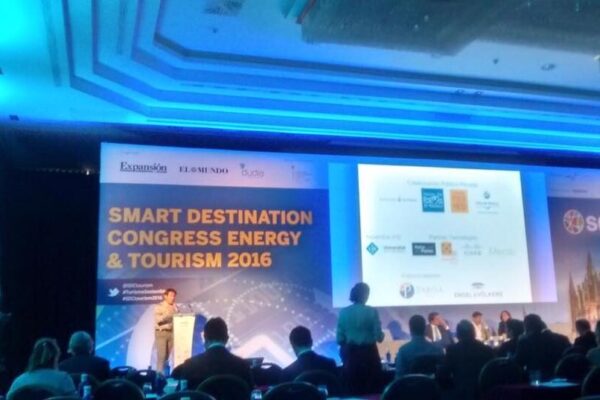
WIONGO complies with all of the conditions set forth in Law 23/2003 on Telecommunications, the Regulation on Electronic Communications Services Provision, the Universal Service and User Protection, approved by Spanish Royal Decree 424/2005, and the General Data Protection Regulation (GDPR).
This document is exclusively addressed to the recipient and may contain privileged or confidential information and/or personal data, the dissemination of which is regulated by the Data Protection Law, the GDPR and the Law on Information Society Services.
